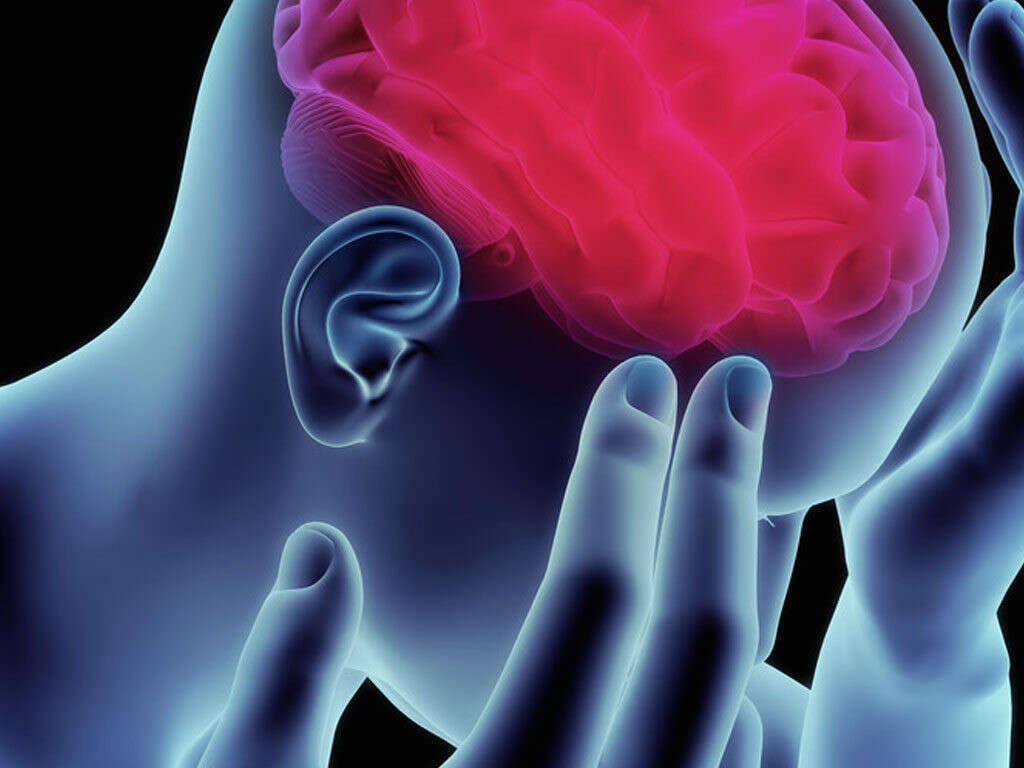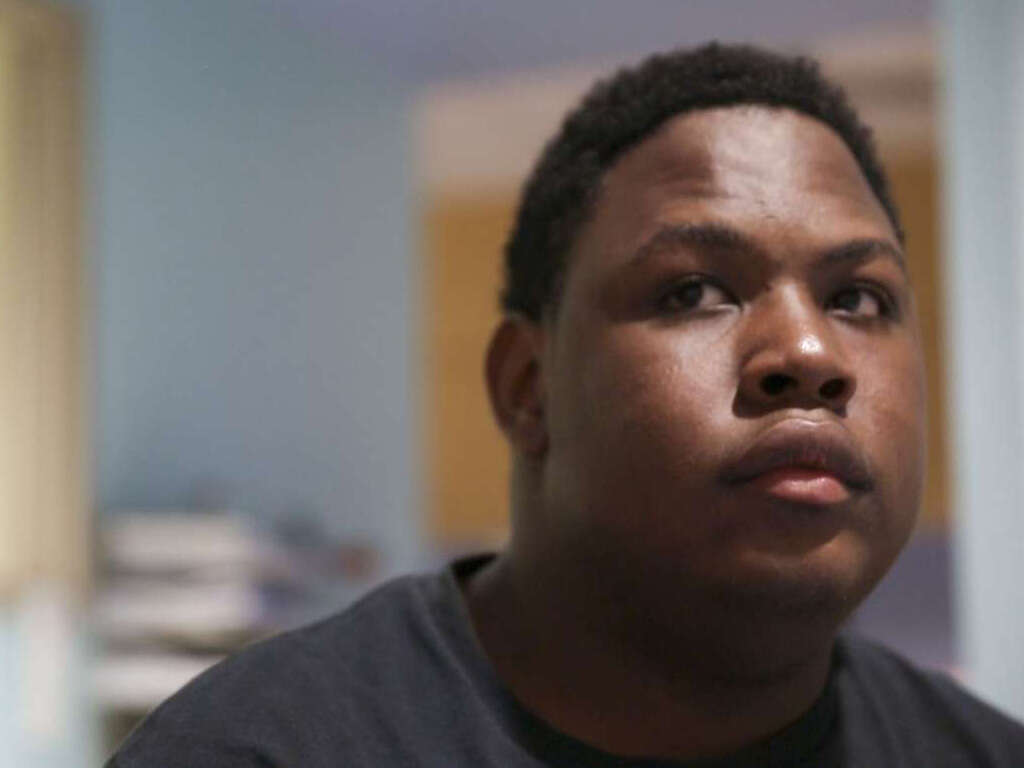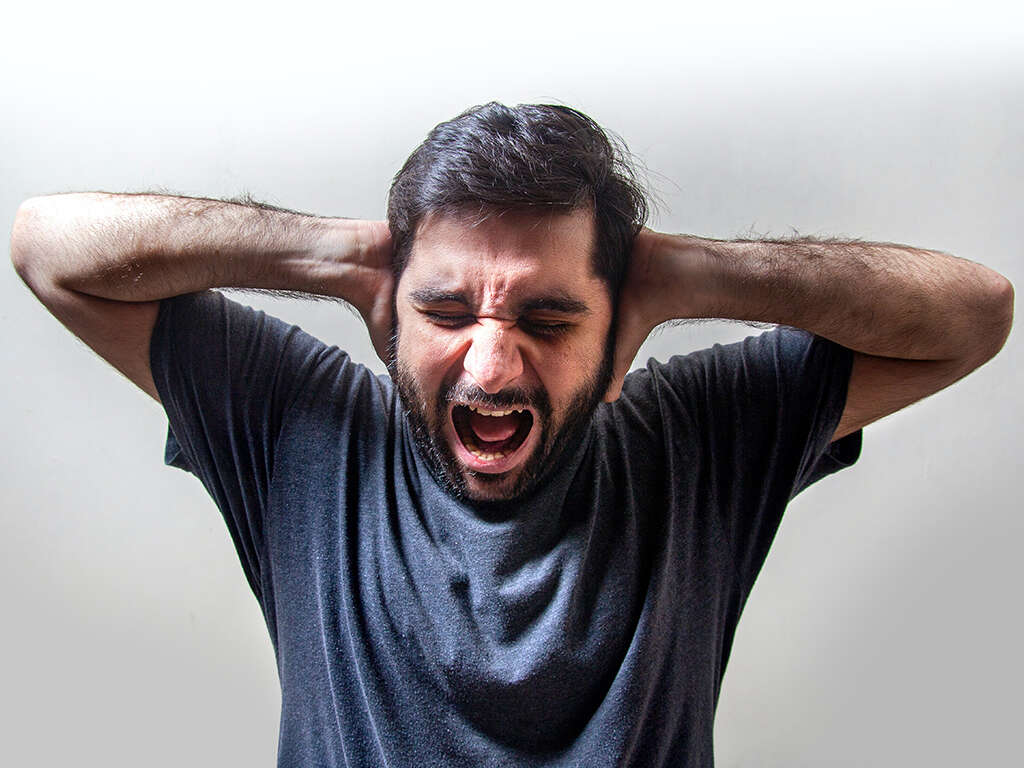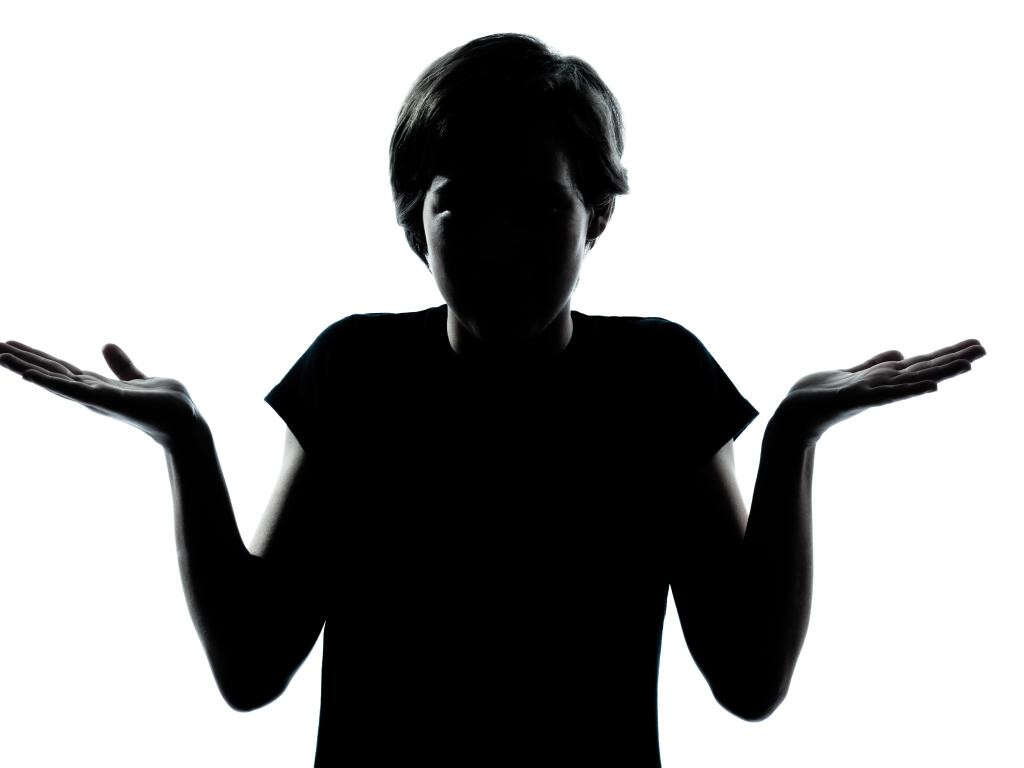10 Symptoms of Concussion
Concussions are a serious problem that occur as a result of head trauma. Concussions can occur for a huge number of reasons: falling off your bike, getting hit by a hockey puck, getting into a fight – anything that can cause serious blunt force to your cranium.
Concussions can be very detrimental to the quality of a person’s life. In some cases, they reduce cognitive abilities to the point where it becomes difficult to complete everyday tasks. In other cases, they may be much milder, with next to no symptoms arising. We’ve outlined a list of the ten most common concussion symptoms below. If you or someone that you know have suffered blunt trauma to the head recently and experience any of these symptoms, immediate medical attention is recommended.
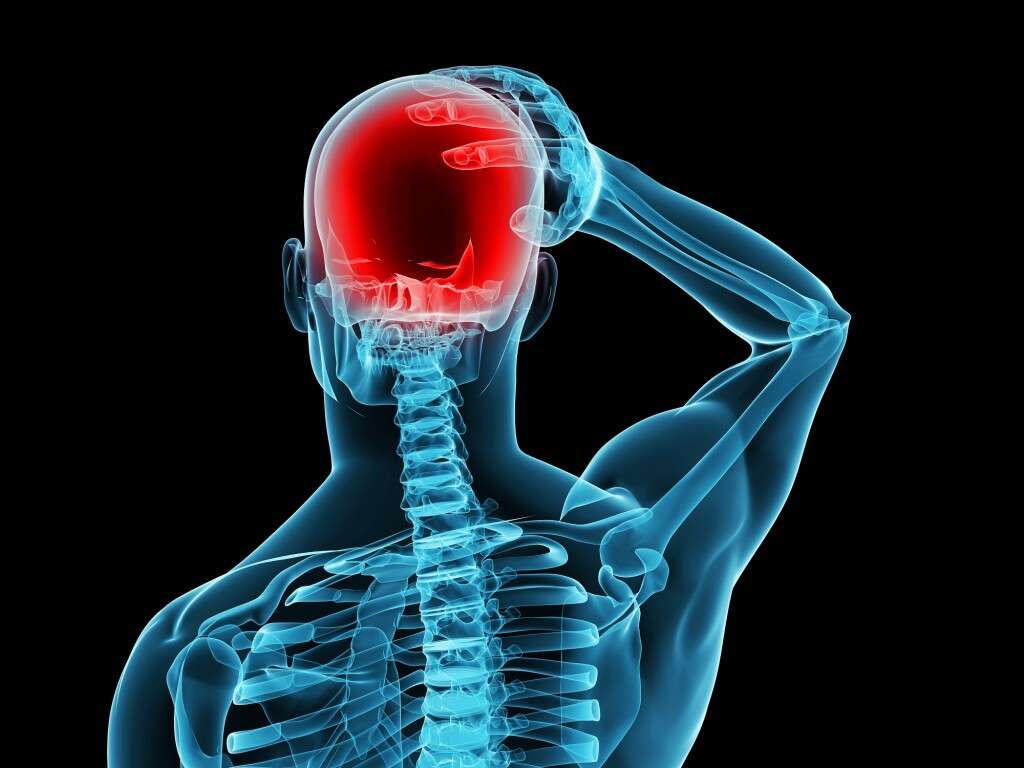
Symptom #1: Headaches
Headaches are pretty common occurrences, but if you get a headache shortly following trauma to your head you might want to be cautious. Headaches normally desist after some time, but headaches caused by a concussion can gradually increase until it becomes quite intense.
Many different types of pain can be present in a concussion-related headache: sharp pain, stabbing pains, throbbing, pressure behind the eyes or anywhere in the head. If you have experienced recent head trauma and are now experiencing persistent or intensifying headaches, seek medical help.

Symptom #2: Confusion
Confusion and disorientation are two common symptoms of concussions. It’s normal to feel fairly woozy after experiencing a blow to the head, but in the case of a concussion this feeling may not disappear.
Following a blow to the head, you may notice feelings of disorientation that last for several hours or longer. If this is the case, or if you experience frequent bouts of worsening confusion, you should seek medical help.
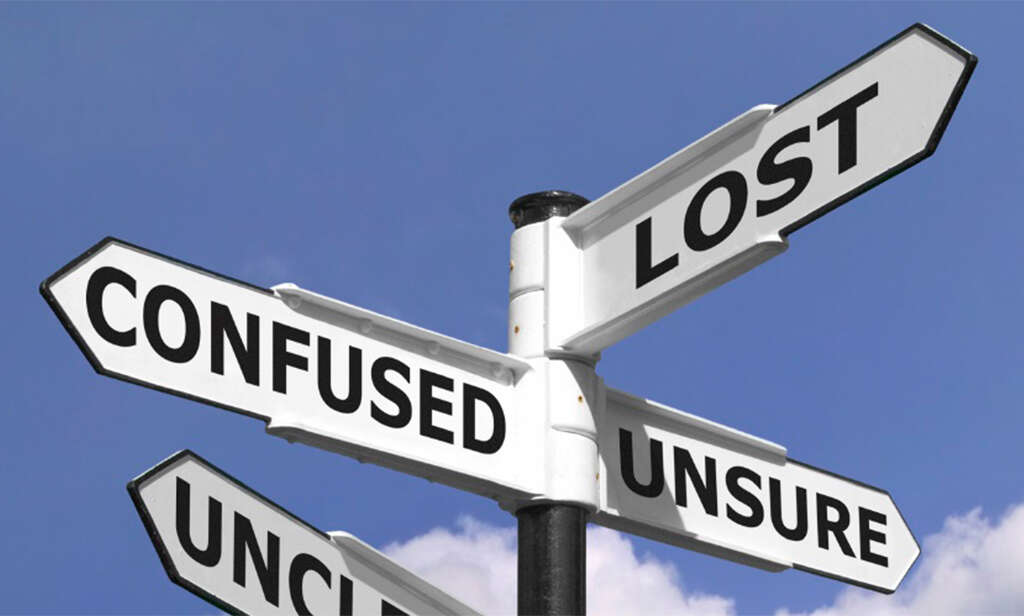
Symptom #3: Nausea
Another one of the most common symptoms caused by a concussion is nausea. This is sometimes a result of the injury itself but can also be caused by the pain associated with the injury. In the latter case the pain is caused by a chemical imbalance resulting from the trauma and many unpleasant symptoms can emerge, including nausea.
This symptom will typically disappear after your injury has begun to abate. However, if you haven’t been treated for a concussion and you are experiencing nausea since your injury, you should see a doctor.

Symptom #4: Vomiting
Vomiting is another symptom of a concussion that can quite frequently occur after a head trauma. This can be tied in with nausea and can be associated with the imbalance of neurotransmitters caused by the concussion.
Nausea and vomiting are usually the way that your body communicates to you that something is wrong. In the case of a painful injury to the head, there’s certainly nothing in your stomach that has suffered trauma. However, the vomiting and nausea can be a clear sign that there is a concussion and that you should see the doctor.

Symptom #5: Dizziness
The dizziness associated with concussions often occurs in tandem with the woozy sense of confusion that many people feel. This can be particularly apparent when you stand up too soon or make any sudden movements. The room will start to spin, and you’ll probably feel like finding a seat again very quickly.
Dizziness can be quite impairing. If you experience dizziness after your injury you should make sure that you’re not going to be operating any heavy machinery or driving any vehicles. These dizzy spells can jump out of nowhere and make it difficult for you to function, but they tend to decrease in frequency as you heal.

Symptom #6: Memory Loss
Another serious symptom that people who have concussions might experience is amnesia, or memory loss. This can be temporary or permanent.
When it’s temporary, your brain is simply withdrawing from its executive functions, such as recalling memories, while it gives itself time to heal. It’s quite common for you not to remember anything around the time of the injury. Permanent amnesia, on the other hand, is far less common and only tends to occur following very serious injuries to the head.

Symptom #7: Fatigue And Lethargy
Concussions are known to cause serious fatigue and lethargy. They are generally a sign that your body is taking time to repair itself following injury.
In the case of a head injury, if fatigue remains after getting a couple nights of good sleep, then it may be indicative of a concussion. Make sure you report this to your doctor as soon as possible.

Symptom #8: Tinnitus
Ringing in the ears, also known as tinnitus, is another indicator that you’re suffering from a concussion following a head injury. This ringing often occurs alongside other symptoms such as nausea, headaches, and dizziness.
Tinnitus can occur because of the way an intense blow to your head jostles your ears and the tiny bones within them. These bones need to be set in a certain formation to function properly, and when they are offset or there are other things out of alignment in the area, you may hear ringing as a result.
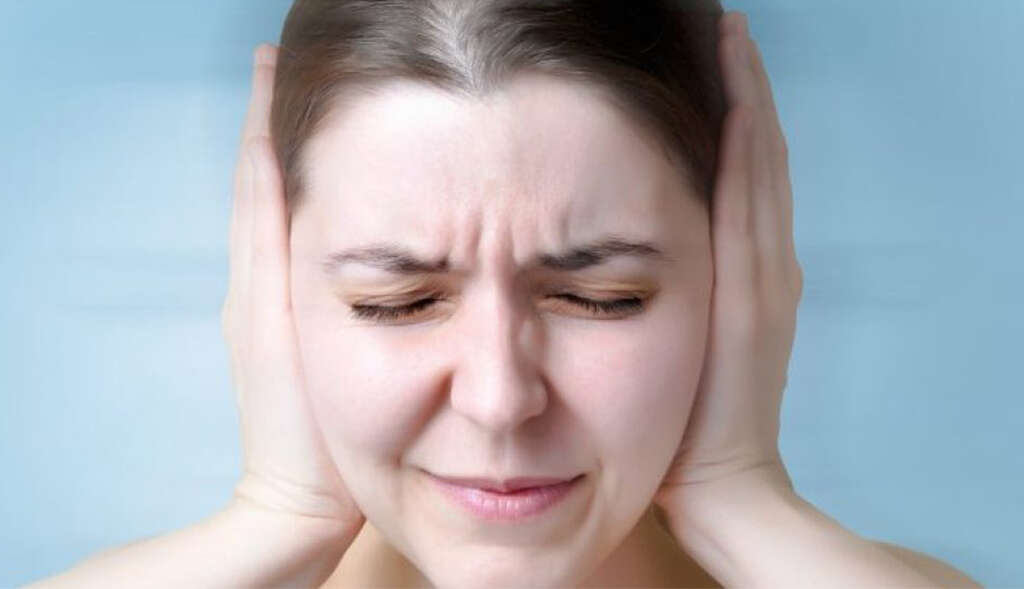
Symptom #9: Slurred Speech
Slurred speech is quite a common problem with conditions or injuries that cause confusion, lethargy, or dizziness. This includes concussions that result from head injuries.
In the case of a concussion, slurred speech is a sign that you’ve taken damage to the muscles or to the receptors in the brain that are necessary to articulate speech. While the control of these areas can return overtime, it’s still a good idea to see your doctor right away if you experience this symptom following trauma to the head.

Symptom #10: Lack Of Focus
Another thing that can happen after an injury to the head is a lack of concentration. It can be difficult for people to focus and maintain attention even after a slight blow to the head. For those who have a concussion, this feeling can last a lot longer.
If you’ve noticed that your mind is wandering a lot since you’ve hit your head, you might want to make an appointment with your doctor. Staring at the wall, spacing out during conversations, forgetting your keys, and forgetting your destination are all indicators you’re suffering from a concussion.






